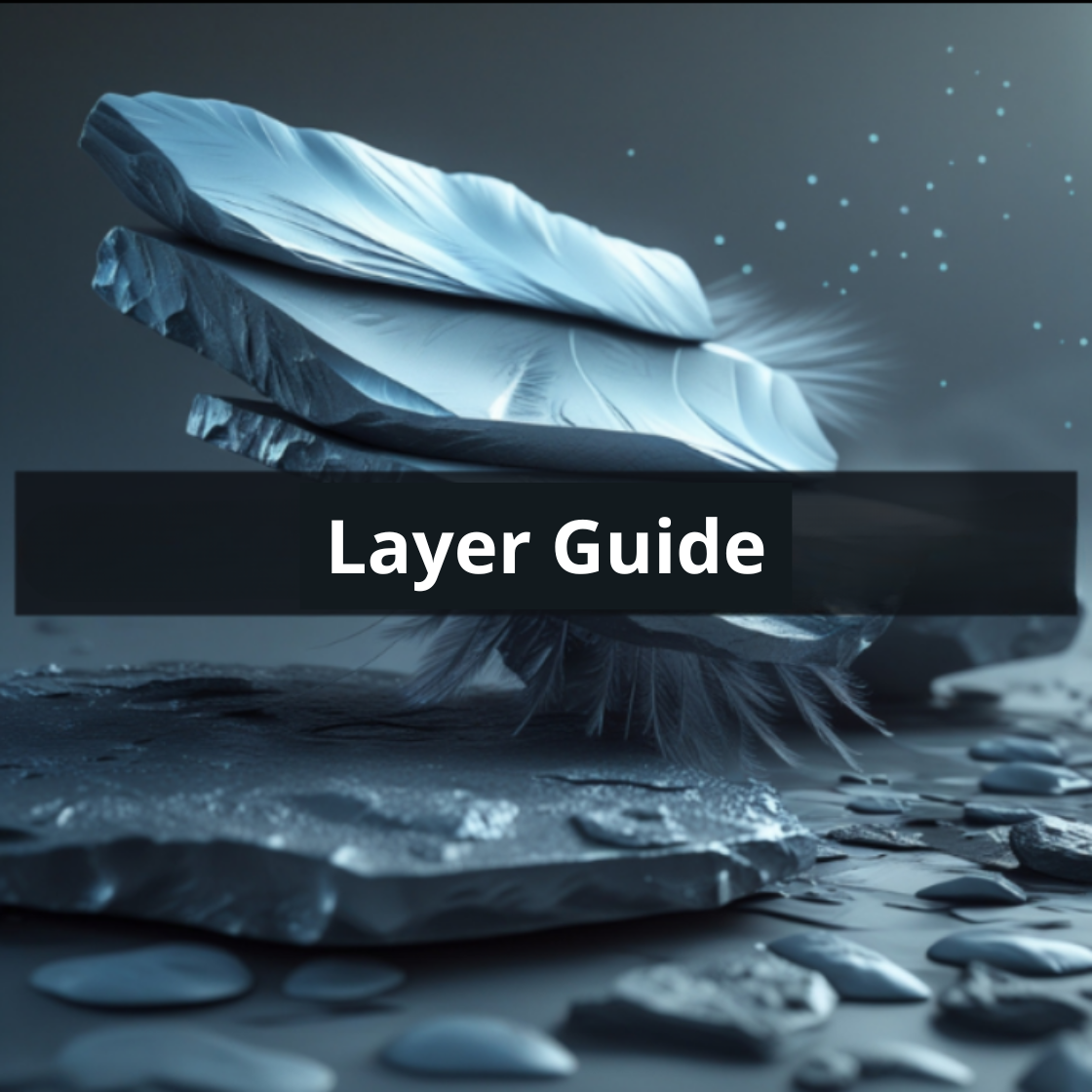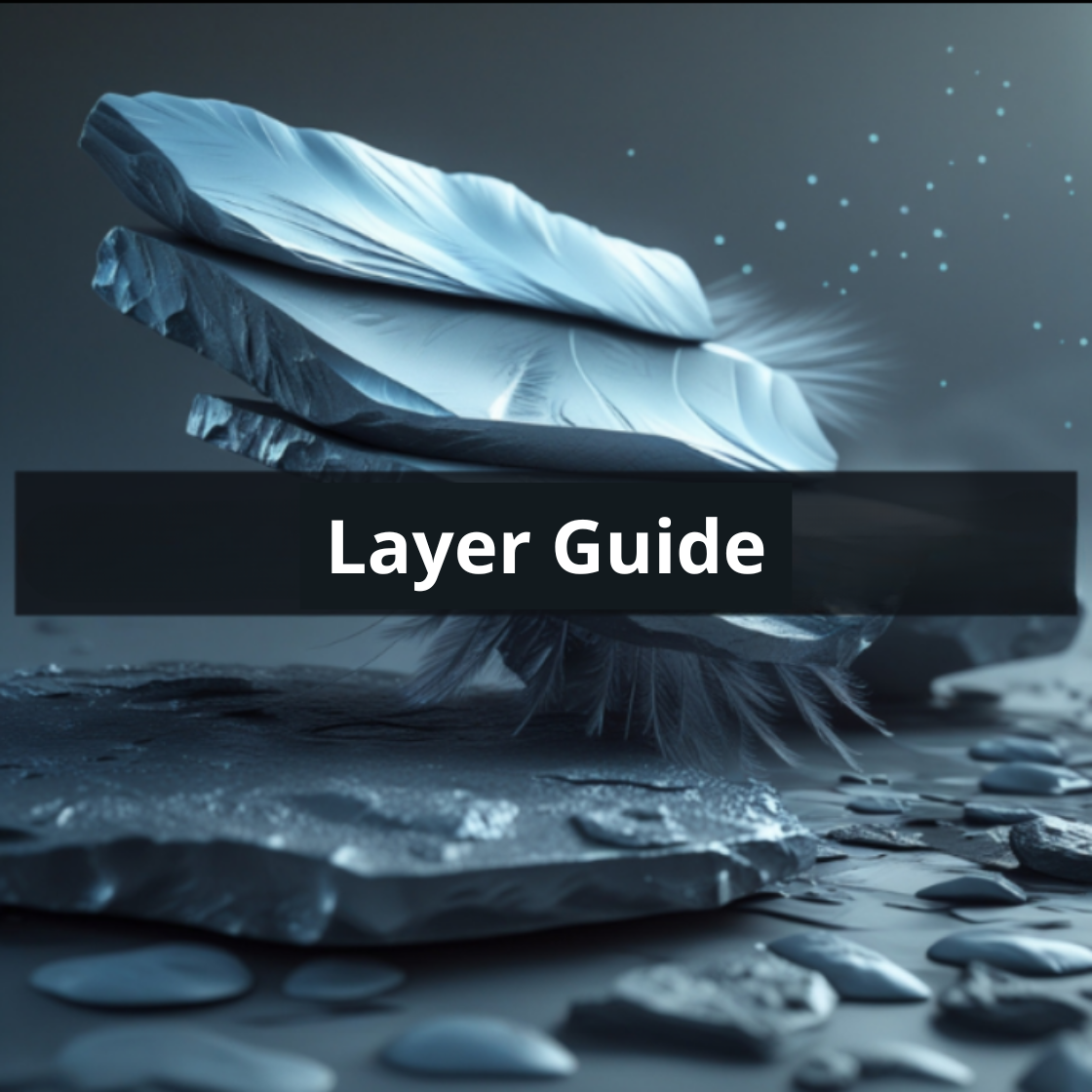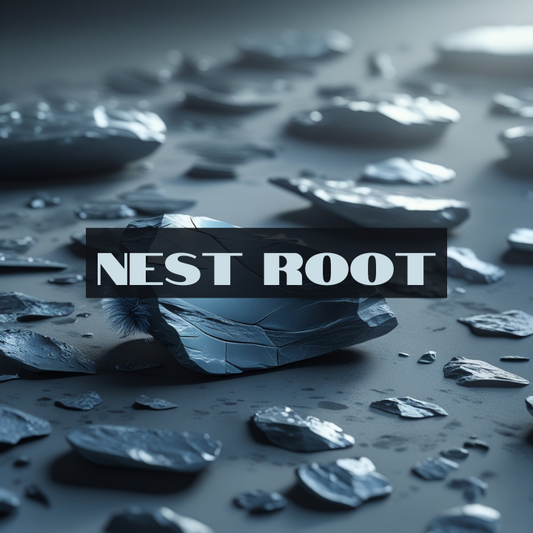Ravencael
Layer Guide

What we put into every course
No pressure — just clarity
Each topic unfolds with examples and short assignments.
The content is designed to be just enough — not too much, not too little.
Everything builds naturally from what was learned before.
These courses aren’t random compilations — they’re precise and crafted with care.
From the first lesson, you’ll know where you are and where you’re going.
All Courses
Choose the one that fits your current level. Twelve courses — each one deeper than the last. Together, they cover key C# topics: from syntax to architecture. Each course is a complete learning step, with examples, tasks, and guided logic. Start with something simple and progress naturally through the series.
-
Silent Field
Regular price $25.00 AUDRegular price -
Wave Frame
Regular price $45.00 AUDRegular price
Our Team
Three specialists who work with C# daily

Senior C# Enginee
Michael Carter
Michael builds service components and logic for distributed systems. His approach focuses on precision, minimalism, and clarity. In the courses, he shares practices that lead to clean solutions.

Applied C# Systems Architect
Rachel Moore
Rachel works with layered C# systems. Her strength lies in planning, modular design, and system reliability. She helps you see the bigger picture, not just isolated code.

C# Logic Modeler
Daniel Reeves
Daniel turns abstract tasks into structured solutions. He specializes in representing real processes through C# logic, focusing on practical and accurate implementation.

C# — clear, logical, intentional
We focus on thoughtful teaching
Each course is built around practical understanding.
You’ll learn how real programs work and how logic is used through code. The aim is to keep learning steady and manageable.
That’s how we designed it.
What to know before you start
Frequently Asked Questions
Which course should I start with?
It's best to begin with the first course — it covers foundational topics that support everything else. If you already have experience with programming, you might consider the second or third. Each course description will help you decide.
Is it suitable if I’ve never written code before?
Yes, the first few courses are made for complete beginners. They explain core concepts in a clear and gradual way. No prior experience is needed — just a focus on understanding.
What is the practice like?
Practice is based on tasks that reinforce what you've learned. They’re designed to be manageable and focused. You'll often find that the logic reveals itself through the task.
Do I need a specific operating system to study?
No, C# works on Windows and other systems. The courses focus on general concepts that aren’t OS-dependent. All you need is a basic environment for running code.
Will I be able to use the knowledge in real coding?
Yes, the topics and tasks are designed to be applicable to daily coding. Many examples are based on real-world scenarios developers face. The content is built to support practical skills.








